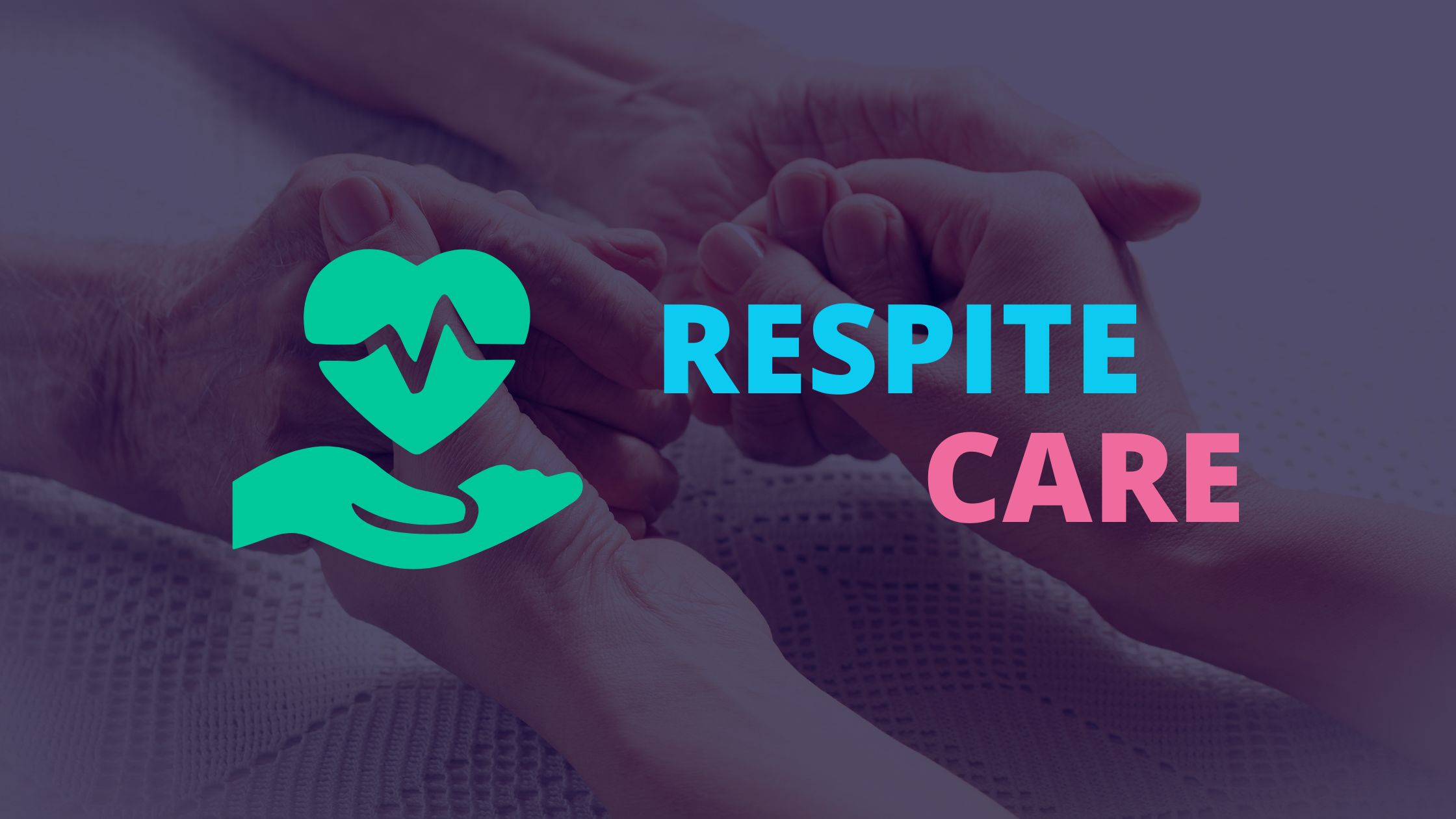Respite Care: Everything You Need To Know
Caring for a loved one can be both rewarding and exhausting. That’s where respite care comes in. It offers temporary relief for caregivers, allowing them to take a break while ensuring that their loved ones continue to receive the care they need. Respite care can be a vital resource for maintaining the health and well-being of both caregivers and their recipients.

What is Respite Care?
Respite care is a type of care that provides temporary relief for primary caregivers of individuals who require ongoing care. It allows caregivers to take a break from their caregiving responsibilities, whether for a few hours, a day, or a longer period.
This type of care can be offered in various settings, including:
- In-home respite: A caregiver comes to the individual’s home to provide care while the primary caregiver is away.
- Adult day care: The individual attends a facility during the day for care and activities while the primary caregiver is at work or otherwise occupied.
- Respite care facilities: Specialized facilities that provide short-term care for individuals who need a break from their usual care environment.
It can be beneficial for both the individual receiving care and the primary caregiver. It can help prevent caregiver burnout, reduce stress, and improve the overall well-being of both parties.
Why Choose Respite Care?
It offers numerous benefits for both individuals receiving care and their primary caregivers. Here are some of the key advantages:
Benefits for Caregivers:
Respite care offers caregivers a much-needed break from their daily responsibilities. This time off can reduce stress, prevent burnout, and improve their overall health and well-being.Benefits for the Individual Receiving Care:
For the person receiving care, respite can provide an opportunity for social interaction, new experiences, and a change of environment, all of which can enhance their quality of life.Emotional and Physical Health Improvements:
Both caregivers and care recipients can experience improved emotional and physical health outcomes, making respite care a win-win solution.
Who Needs Respite Care?
It can be beneficial for various individuals, including:
- Family Caregivers for the Elderly: Often, family members take on the responsibility of caring for elderly loved ones. It allows them to take a break while ensuring their loved ones are cared for.
- Parents of Children with Disabilities or Chronic Illnesses: Caring for a child with special needs can be demanding. It provides these parents with the chance to relax and recharge.
- Individuals Caring for Someone with a Mental Health Condition: Caregivers for individuals with mental health challenges can benefit from this care to manage their own stress levels.
Which Services Are Included in Respite Care?
Respite care services can vary depending on the specific provider and the needs of the individual receiving care. However, common services often include:
Personal Care Assistance
Support with daily living activities like bathing, grooming, and dressing to ensure comfort and dignity.
Companion Services
Engaging companionship that helps combat loneliness and provides emotional support for your loved one.
Health Monitoring
Regular monitoring of vital signs, medication management, and coordination with healthcare professionals to maintain health and safety.
Meal Preparation
Planning and preparing nutritious meals tailored to individual dietary needs and preferences.
Light Housekeeping
Assistance with household tasks, including cleaning, laundry, and organizing, to provide a more comfortable living environment.
Transportation Services
Help with transportation to medical appointments, social activities, or errands, ensuring your loved one stays connected and active.
It can be provided in various settings, including:
- In-home respite: A caregiver comes to the individual’s home to provide care while the primary caregiver is away.
- Adult day care: The individual attends a facility during the day for care and activities while the primary caregiver is at work or otherwise occupied.
- Respite care facilities: Specialized facilities that provide short-term care for individuals who need a break from their usual care environment.
How to Choose a Respite Care Provider?
Selecting the right respite care provider involves careful consideration. Here are some steps to guide you:
- Identify Care Needs: Begin by pinpointing the specific care requirements and preferences for your loved one to ensure a personalized approach.
- Investigate Provider Qualifications: Look for providers with the necessary credentials, certifications, and experience in respite care to ensure high-quality service.
- Gather Feedback: Collect insights from other families by checking online reviews and asking for references to understand the provider’s reputation.
- Prepare Key Questions: Develop a list of important questions to discuss with potential providers, covering aspects like caregiver training and emergency protocols.
- Assess Compatibility: Evaluate the personality and communication style of caregivers to ensure a good match that enhances your loved one’s comfort and well-being.
How Much Does Respite Care Cost?
The cost of respite care can vary widely depending on several factors:
- Overview of Typical Costs: The costs can range from $15 to $50 per hour, depending on the type of services needed.
- Factors Influencing Costs: Location, the complexity of care required, and the qualifications of the caregivers can all impact pricing.
- Insurance Coverage and Financial Assistance Options: Many insurance plans may cover some services, so it’s essential to check with your provider. Additionally, there may be financial assistance programs available for eligible individuals.
Respite care is more than just a break; it’s an essential support system for caregivers and their loved ones. If you’re feeling overwhelmed or just need a little time for yourself, exploring this option could be the perfect solution.
Interested in learning more? Check out our related blogs and articles for tips and insights.
